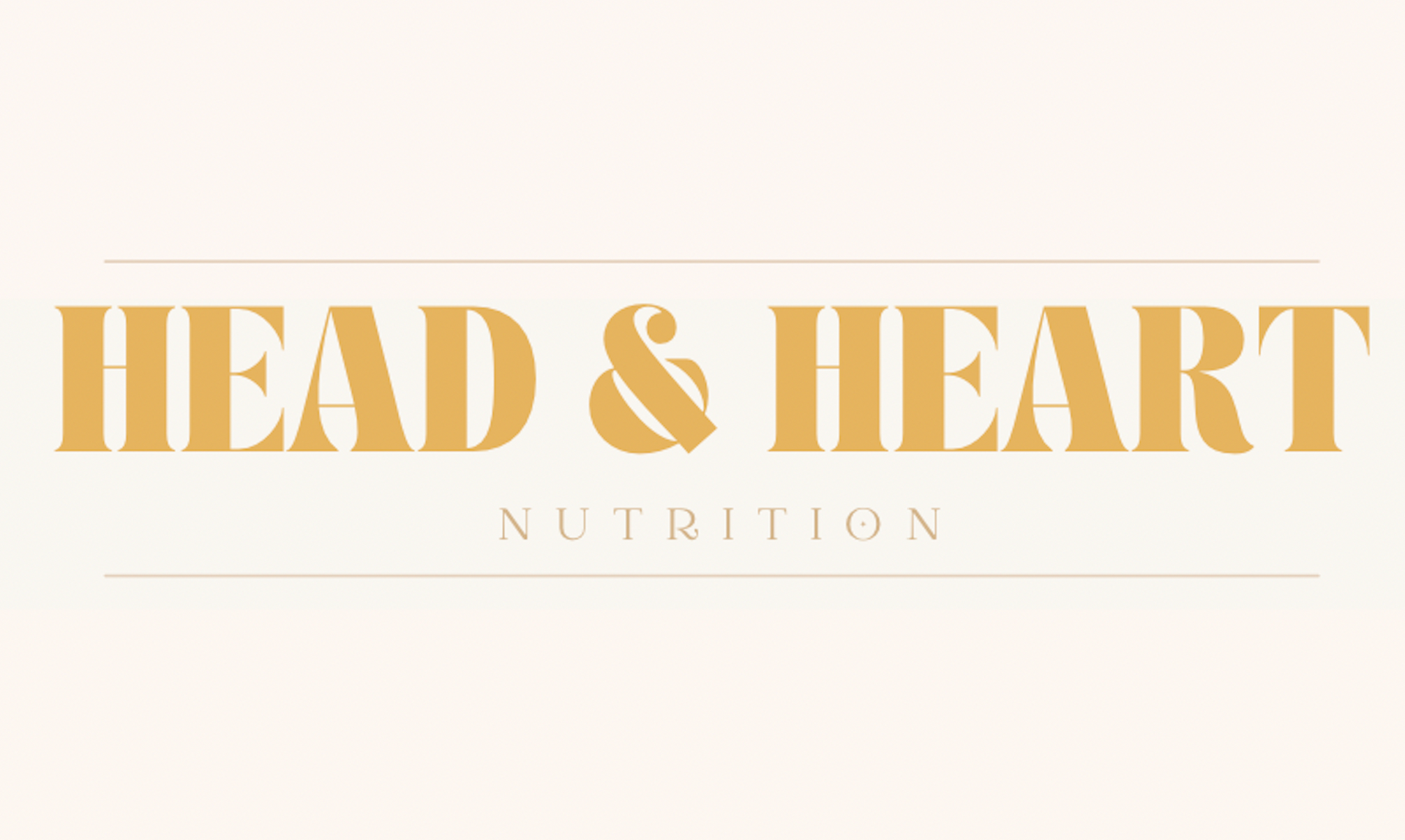Educating Your Plate: The Standardized Wisdom of Dietitians Over Nutritionists
Why Dietitians Outshine Nutritionists

It is no secret that our society today is addicted to instant gratification. Dopamine is readily available at our fingertips, making long term goals harder and harder to maintain. People want to have their dreams realized quicker and easier. While being efficient is no problem, cutting corners does not always pan out in your favor.
How does this relate to nutrition? In the health world, the terms nutritionist and dietitian are thrown around. The average person may believe that the words are interchangeable, or some may know there is a difference, but aren’t exactly sure what sets them apart. In this article, I will highlight the differences between the two. While it is important, as a consumer, to always take advice with a grain of salt, do your own research, and try to educate yourself, I will confidently say that given the choice between listening to a nutritionist or a dietitian, I will always pick the dietitian.
Here are the main reasons why:
- Standardization: unlike dietitians, the title “nutritionist” is not regulated uniformly. They can be “certified” from many different websites, programs, etc. This lack of standardization also means that individuals using this title can have varying levels of education and expertise. Dietitians across the US all will have the same requirements to become a dietitian.
- Educational background: dietitians undergo extensive education and training, needing a bachelors, masters, and 1200 hours of accredited supervised practice in order to sit for the national exam. Not to mention, dietetics is a science based degree, heavily relying on evidence-based information. Nutritionists will have diverse educational backgrounds, ranging from short online courses to degrees, leading to a large variation in knowledge and understanding of nutritional science between title holders.
- Credentialing and certification: dietitians are required to be licensed or registered, and they must adhere to specific standards and codes of ethics. Nutritionists do not have the same level of credentialing and oversight, making it challenging to assess their qualifications and reliability of their advice.
- Clinical experience: dietitians often gain practical, clinical experience during their training, enabling them to apply nutritional principles in real life settings. The level of practical experience among nutritionists can vary widely, impacting the quality of their advice.
- Holistic approach: some argue that dietitians take a more holistic approach to nutrition, considering factors beyond just diet, such as lifestyle habits, demographics, financial status, food security, and more. This comprehensive perspective can be an advantage over a more narrowly focused nutritional approach.
So how does instant gratification relate to the nutritionist vs dietitian topic? Nutritionists will have less schooling (if any- they can take a course for a few weeks and be a “certified nutritionist”), less supervised practice and experience, and they do not have a standardized code of ethics. This leads to nutritionists entering the field in a fraction of the time it takes to become a dietitian. I have heard, myself, from someone who became a nutritionist that he didn’t want to waste the time or money going back to school, so he did an 8 week course online… For someone to believe that they are equivalent is concerning.
This doesn’t mean that all nutritionists may not provide reliable advice, but it is important for individuals seeking nutrition advice to consider the qualifications, experience, and credentials of the professional providing the guidance, whether they identify as a dietitian or nutritionist. Seeking out registered dietitians is a reliable way to ensure evidence-based and personalized nutritional advice.









